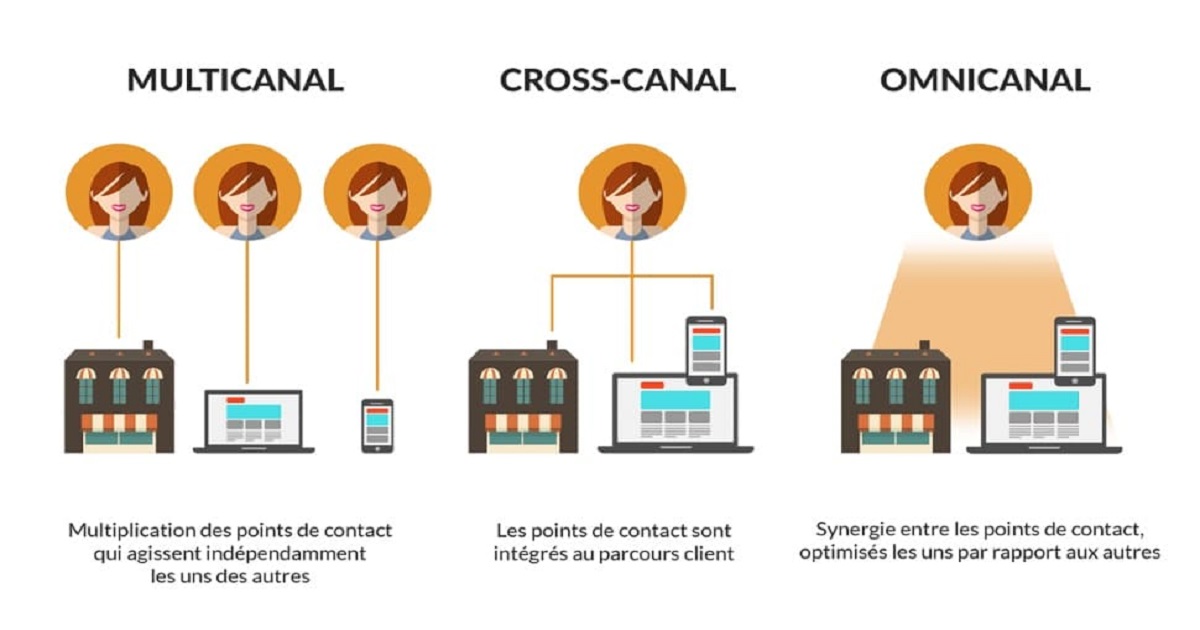In recent years, the landscape of work has dramatically changed, particularly in the finance industry. With advancements in technology and a global shift toward remote collaboration, remote finance jobs have emerged as a viable, and often preferred, option for many professionals. This article delves into the range of opportunities in remote finance jobs, the benefits they offer, how to secure such positions, potential earnings, where to find these jobs, and insights into the future of this evolving career path.
Opportunities in Remote Finance Jobs

The world of finance is vast, and remote finance jobs encompass a wide variety of roles across different sectors. Some of the most common positions include:
- Financial Analyst: Financial analysts assess the financial performance of companies and provide recommendations for investment opportunities. Many firms are willing to hire remote analysts, allowing professionals to work from any location.
- Accountant: With the rise of cloud accounting software, accountants can easily manage financial records and reports from home. Remote accounting jobs often include bookkeeping, tax preparation, and financial reporting.
- Financial Planner: Remote financial planners work with clients to develop personalized financial strategies. These roles require strong communication skills as planners often meet with clients via video calls or phone consultations.
- Auditor: Auditors can conduct financial assessments without being physically present at a company’s office, making it a great remote option. Remote auditors may review documentation and financial records through secure platforms.
- Tax Consultant: Remote tax consultants assist clients in navigating tax laws and regulations. These roles can peak during tax season, and many firms offer seasonal remote positions.
- Investment Advisor: This position involves guiding clients on investment strategies and asset management. With advancements in tech, investment advisors can hold meetings and manage portfolios in real-time from anywhere.
The Benefits of Remote Finance Jobs

Remote finance jobs come with a plethora of benefits that cater to the needs of today’s workforce. Here are some of the key advantages:
- Flexible Work Environment: Remote finance jobs allow professionals to create their own work environment, which can lead to increased productivity. Whether you prefer a quiet home office or a cozy café, the choice is yours.
- Improved Work-Life Balance: By eliminating commuting and offering flexible hours, remote finance jobs often lead to a healthier work-life balance. Professionals can manage their time more efficiently, fitting in personal activities alongside their work responsibilities.
- Reduced Overhead Costs: Working from home can save money on commuting, lunches, and work attire, providing financial relief. This is particularly appealing for those who may have substantial commuting costs.
- Access to Global Opportunities: Remote finance jobs are not limited by geographical constraints, allowing professionals to apply for positions across the globe. This expands career prospects and enhances networking opportunities.
- Increased Autonomy: Remote work often fosters a sense of independence. Professionals can manage their tasks and schedules without micromanagement, leading to greater job satisfaction.
How to Get Remote Finance Jobs

Securing a remote finance job typically involves a strategic approach. Here are steps you can take to increase your chances of landing one:
- Network Professionally: Leverage platforms like LinkedIn to connect with finance professionals and explore job opportunities. Joining finance-related groups can also help you learn about vacancies before they are publicly advertised.
- Tailor Your Resume: Emphasize remote work experience and relevant skills on your resume. Highlight your ability to manage tasks independently and communicate effectively in virtual environments.
- Utilize Job Boards: Several job boards specialize in remote work, such as We Work Remotely, Remote.co, and FlexJobs. Make sure to frequently check these sites for new listings.
- Enhance Your Skills: Continuous learning is essential. Consider taking courses on online platforms such as Coursera or Udemy to stay updated with the latest finance trends and tools. Certifications in areas like accounting or financial analysis can make you more marketable.
- Prepare for Virtual Interviews: Many remote finance jobs require virtual interviews. Invest time in practicing your interview skills in a digital format. Ensure your technology works seamlessly and your environment is distraction-free.
How Much Can You Earn from Remote Finance Jobs?

Earnings from remote finance jobs can vary significantly based on experience, location, and the specific role. Below are some average salary ranges for various finance roles:
- Financial Analyst: $70,000 – $100,000 annually
- Accountant: $60,000 – $80,000 annually
- Financial Planner: $80,000 – $120,000 annually (based on clients and experience)
- Auditor: $65,000 – $90,000 annually
- Tax Consultant: $70,000 – $90,000 annually
- Investment Advisor: $75,000 – $120,000, with potential bonuses based on performance
Although some remote positions may offer lower salaries compared to their in-office counterparts, the savings from eliminating commuting and other work-related expenses can balance this out, often resulting in similar net earnings.
Where to Find Remote Finance Jobs

Finding remote finance jobs requires a persistent and strategic approach. Here are some popular platforms and resources:
- Specialized Job Boards: Websites dedicated to remote work like Remote.co, We Work Remotely, and FlexJobs are excellent starting points. They often list finance-specific positions.
- General Job Platforms: Sites like Indeed, Glassdoor, and LinkedIn have remote filters, making it easier to find finance jobs that allow for remote work.
- Company Career Pages: Many finance companies have remote work options and often list job openings on their respective career pages. Research companies known for their remote culture and check their listings regularly.
- Freelance Platforms: Consider freelance opportunities on platforms like Upwork, Freelancer, and Fiverr. These can lead to remote roles or long-term contracts in finance.
What’s the Future of Remote Finance Jobs in 2025?

Looking ahead to 2025, the future of remote finance jobs appears bright. As companies increasingly recognize the benefits of flexible work arrangements, the demand for remote finance professionals is expected to rise. Here are some key trends to watch:
- Continued Growth: The trend of remote work is likely to continue, driven by advancements in technology that facilitate seamless communication and collaboration.
- Emergence of Remote-First Companies: More financial institutions and companies are adopting a remote-first model, meaning that remote positions are not just a temporary arrangement but a fundamental part of their business strategy.
- Focus on Cybersecurity: With remote work comes the need for heightened cybersecurity measures. Finance professionals will need to be adept at managing sensitive financial data securely, leading to new training and certification opportunities.
- Increased Diversity: Remote work can also promote diversity in hiring, with companies able to recruit talents from various backgrounds and locations. This can enhance innovation and creativity within teams.
The Past of Remote Finance Jobs

To understand the current landscape of remote finance jobs, it’s important to reflect on its evolution. Traditionally, finance roles were largely office-based. Employees were expected to be present physically, which often curtailed flexibility and work-life balance.
However, the technological advancements of the late 20th and early 21st centuries began to change this. The rise of the internet and communication tools like email, video conferencing, and accounting software made it possible for finance professionals to operate remotely. The COVID-19 pandemic further accelerated this shift, forcing companies worldwide to adopt remote work models. As a result, many organizations realized that productivity did not falter in a remote environment, solidifying the feasibility of remote finance jobs.
Conclusion
The emergence of remote finance jobs marks a significant shift in how finance professionals engage with their work and employers. With ample opportunities, numerous benefits, and a positive outlook for the future, it’s no wonder that many individuals are considering careers in this sector. Whether you are an experienced finance professional or just starting your career journey, the realm of remote finance jobs offers exciting possibilities for those willing to embrace the change. By staying informed, continuously improving your skills, and strategically navigating the job market, you can position yourself for success in this dynamic field.


